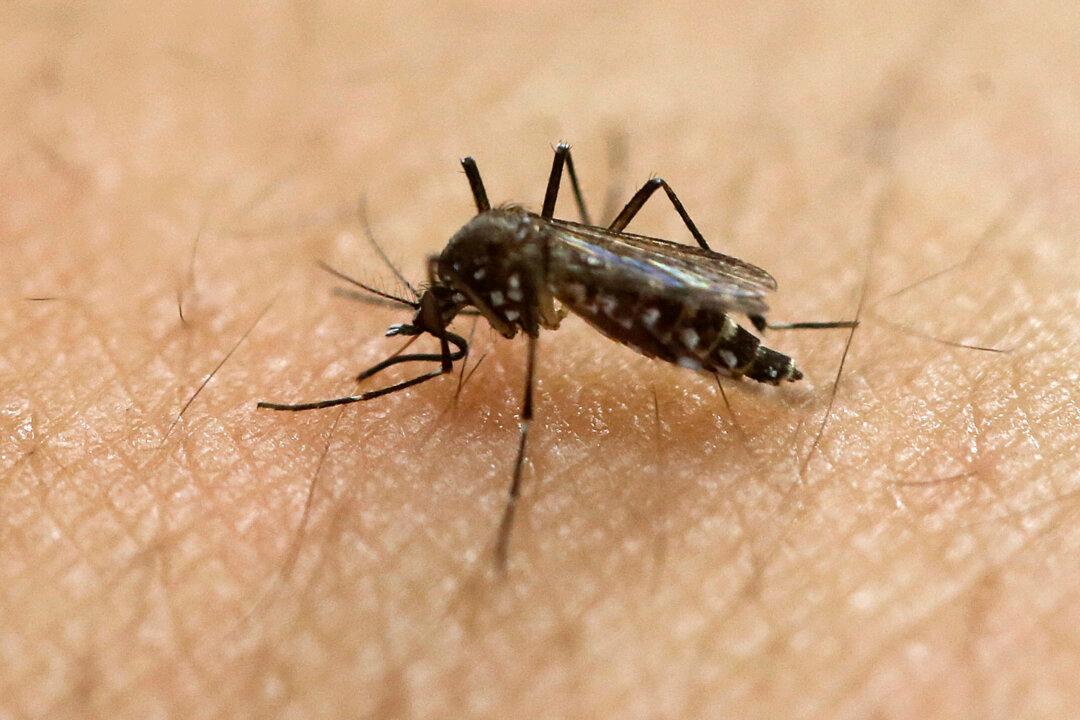A Michigan man was “perfectly healthy” before contracting Eastern equine encephalitis, a mosquito-borne virus known as EEE, a family member said.
Gregg McChesney, 64, died last month after a nine-day illness, according to his obituary.


A Michigan man was “perfectly healthy” before contracting Eastern equine encephalitis, a mosquito-borne virus known as EEE, a family member said.